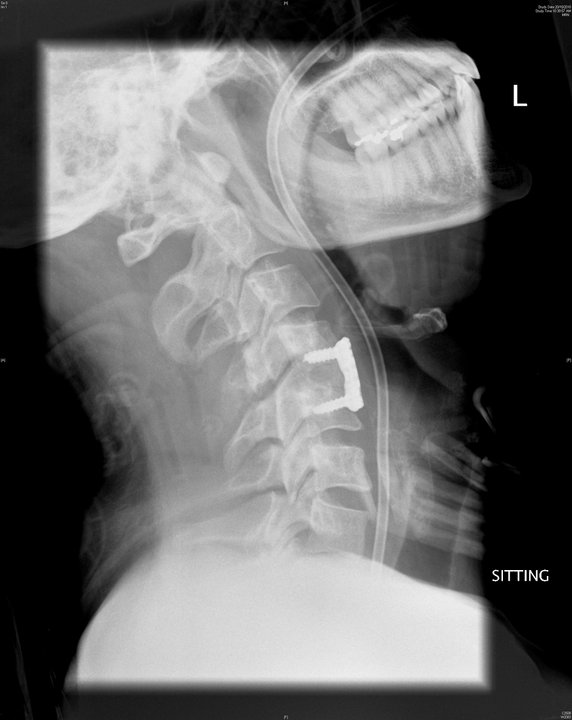I take it all back. Please keep telling me I’m inspirational.
Well, if I do something inspiring, anyway.
After my last blog post went to air (Stella Young and inspiration porn), I received a number of comments that rightly challenged me to clarify my concerns about labelling people with disabilities as inspirations. To put my comments in context, I was responding to the TED video by Stella Young, who was making the point that the label “inspiring” is, first, a backhanded compliment, since often arises because of the assumption that people with disabilities shouldn’t be able to do the things we are praising them for. Second, it is a label that sets them apart as being “special,” when what disabled people really need is to be treated as “normal” (whatever the heck that is). The history of disability is a story of exclusion, and so disability advocacy in recent decades (following the social model of disability) has been fighting for inclusion; for disabled people to be treated as a normal member of the tribe, welcomed to participate in tribal activities in the same way as everyone else. This involves a focus on the whole person; on their wit, wisdom, personality, humour, joyousness, friendliness, and so forth, rather than on a person’s disability.
Of course, a disability is also a part of a person’s identity – that can’t be avoided, but needs to be understood as only one part of the whole – and it may well be that a person’s accomplishments are all the more remarkable for the challenges that have been overcome in achieving them. I think it’s okay to find this both inspiring and challenging, and to respond with encouragement. The key, I guess, is to recognise the danger of setting a person apart (whether positively or negatively). Instead, most of our interactions with a person should be precisely the same as our interaction with any other friend.
I blog, not primarily to be told I’m extraordinary (although Freud might suggest my fragile and vain ego is subconsciously seeking attention), but to give people a glimpse of life with a spinal cord injury – it’s challenges, ordinariness, and absurdity. There is very little that is heroic or inspiring about my life. A fireman chooses to run into a burning building, but most of what I do is because I have no other choice. I live pretty well the same way you do. Life carries me along in the pull of its relentless current, and I do my best to keep my head above the water, and have as much fun as I can when the rapids slosh me about. Every now and then I do something I’m proud of, and that might be inspiring, and I guess you shouldn’t feel nervous telling me so.
I can’t speak for everyone, but I think this would be true of many people with a disability. Generally we just want to be thought of as “a good bloke”, “a cool chick.” Occasionally we’ll accept stronger acclamation (as would anyone). I think Stella’s TED speech is extraordinary and praiseworthy. It is a response to her disability, but it’s a reflection of her capacity, and I’m greatly encouraged by it. I hope she wouldn’t mind me saying so.

1 Comment
Tania Harris
June 20, 2014 at 7:20 amI think you’re an inspirational good bloke… but I also thought that before your accident 😉